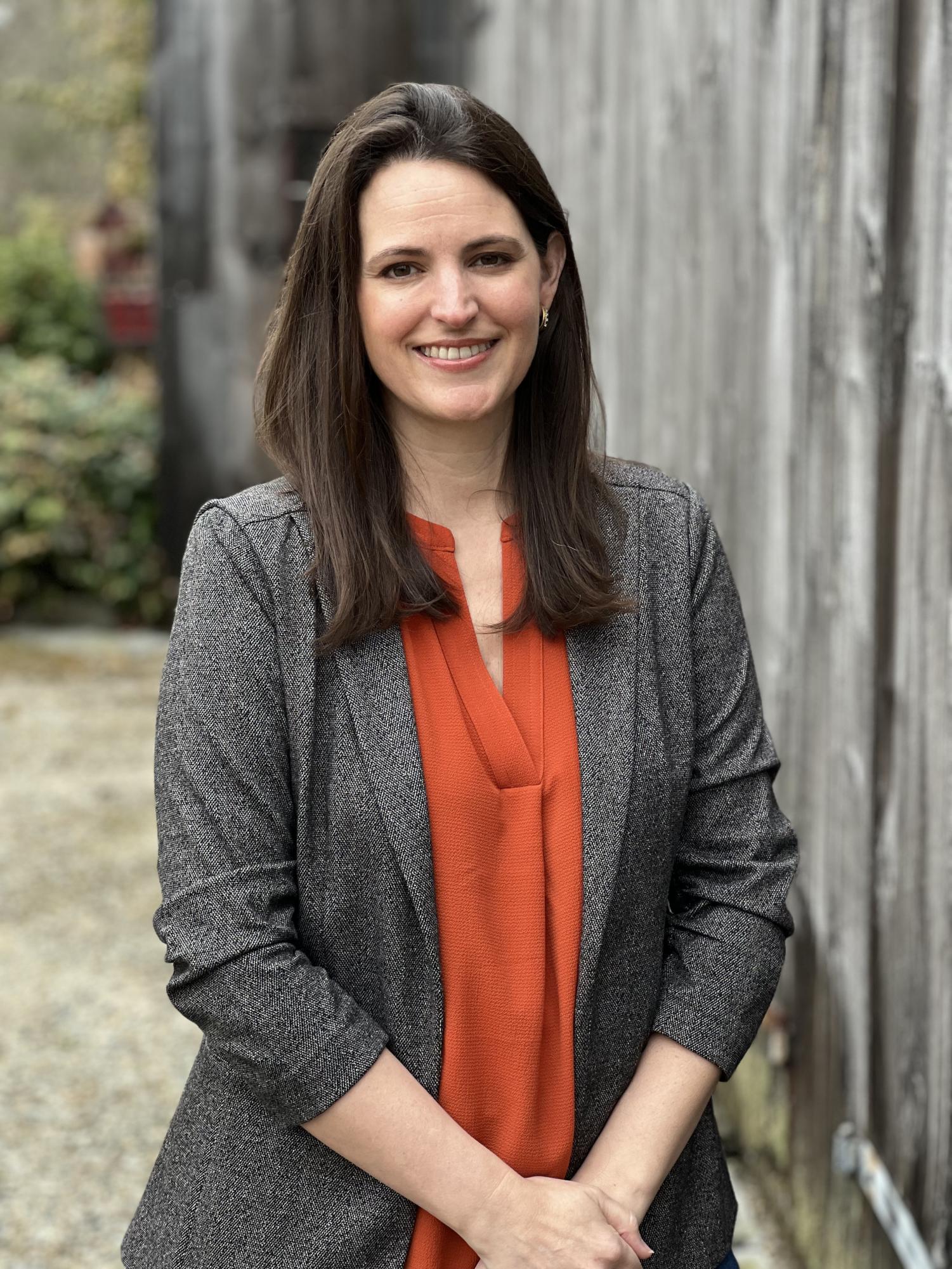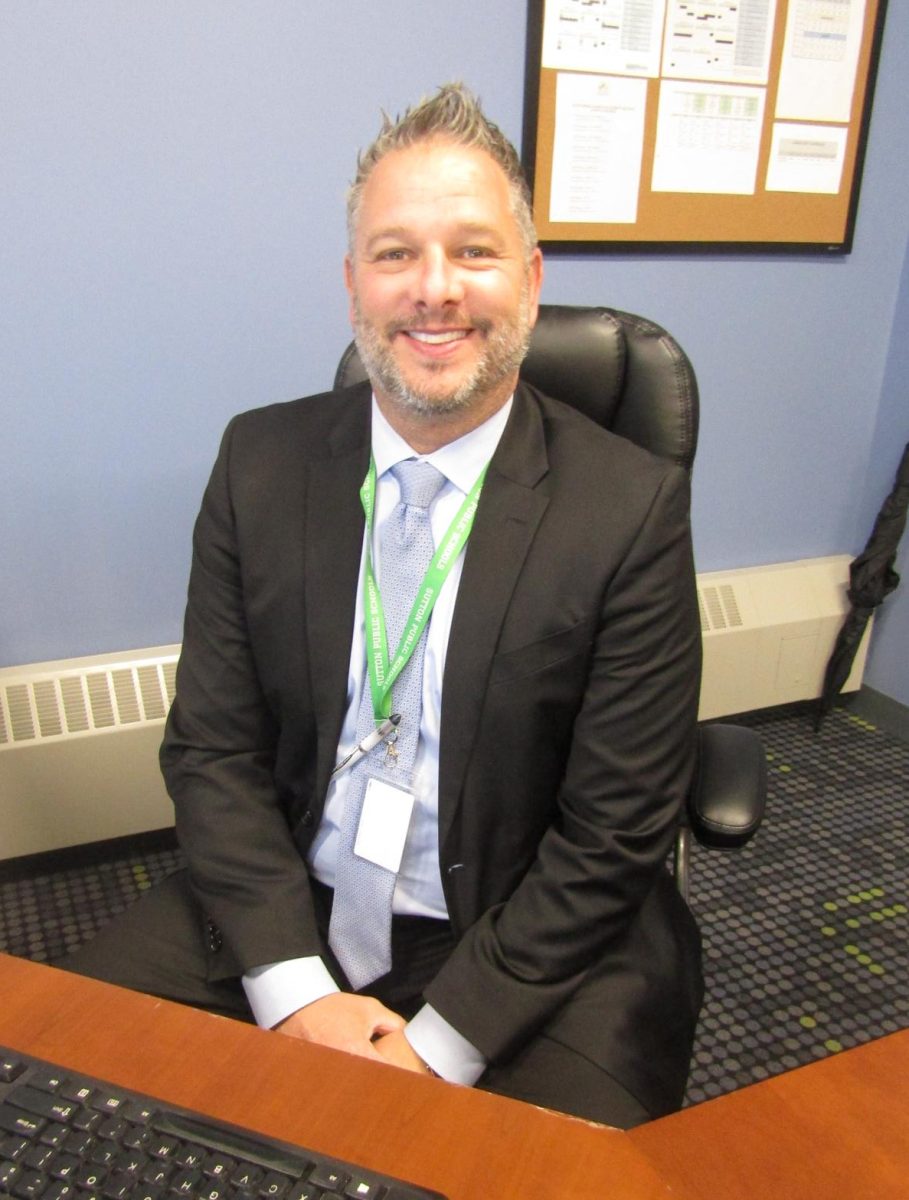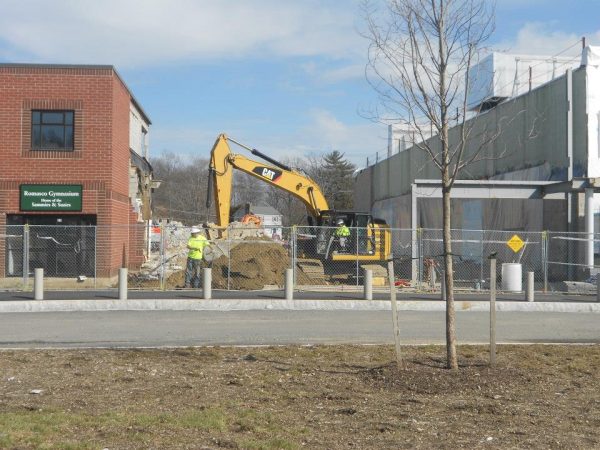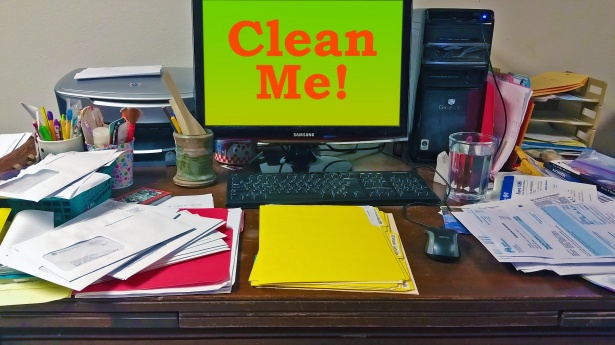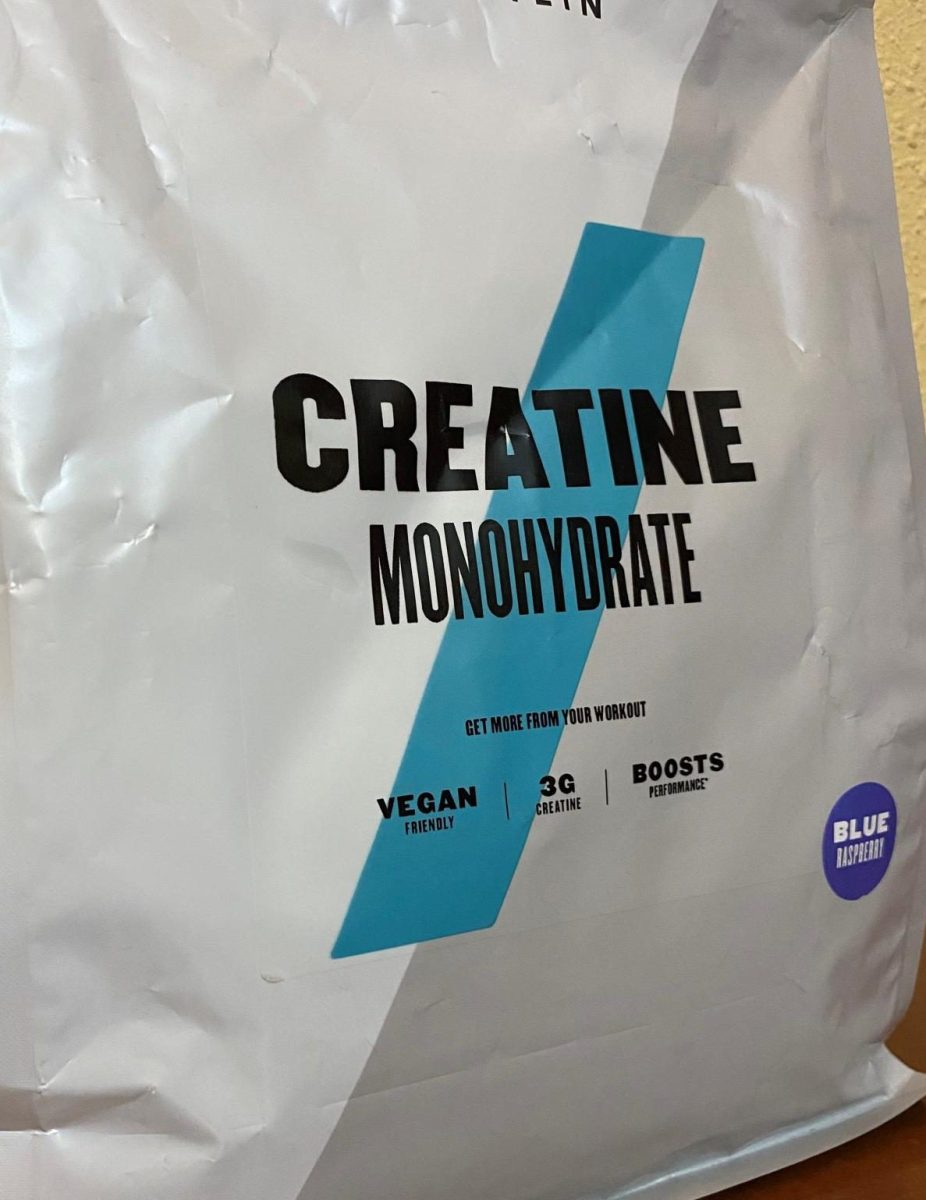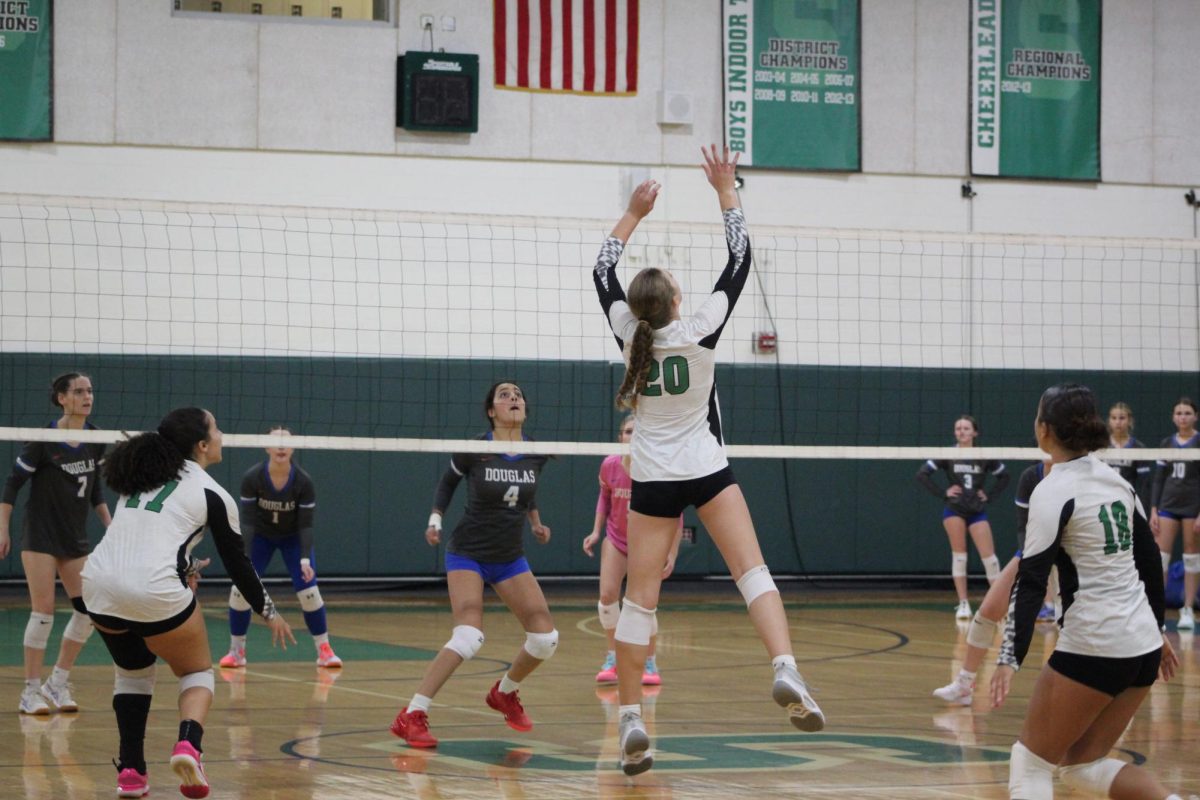SuttonHighNews conducted an interview with each candidate running for the School Committee. Our goal is to provide a more comprehensive look at each candidate so voters can make an informed decision.
SuttonHighNews is not endorsing any candidate. The interviews are being released in a random order with no intent to give anyone more or less time.
All candidates were given the questions in advance. We asked the same questions, in the same order, to each candidate.
What is your name, how long have you lived in Sutton, and how many children do you have in or have had in the Sutton Public Schools (how long were they there)?
My name is Erin Reid-Eriksen. I have lived in Sutton since 2013. My husband and I moved here because we were looking for a better school system for our kids and because we both love antique homes and found our forever home in Sutton. When we moved, we had three kids. Our oldest was nearing school age, and our twins had just turned one. The big surprise when we moved here would be being blessed with another set of twins. So, all of our kids have attended Sutton schools from the beginning, and they’re currently in grades five, seven, and ten.
What are the best features of the Sutton Public Schools?
Every teacher my children have had and every staff member who I’ve met and community members who I’ve volunteered with all care deeply, so I think there’s a lot of heart in this town. I also feel that despite being a small school system, without endless resources, the district has worked hard to enhance educational opportunities. Some of this is by being creative, leaning on staff to find and pursue opportunities, like the Breathe for Change program, and being open to partnerships. The fact that we have a robotics club at the high school is an example of such a partnership; without the amazing contributions from the community members, that opportunity wouldn’t exist for our students. And finally, our size also brings out one of our strengths, which is a heightened sense of community. Schools need to be a place of safety and learning. When a child feels comfortable, it’s much easier for them to accept a challenge, be okay with stumbling in order to build resilience, and be supported while they find their own unique path. Sutton’s size helps foster that feeling of safety in the community, you know, for a middle schooler, and for example, they can walk down the hall and everybody knows their name.
What is the most crucial issue facing public education?
Funding. Money. If you look to our neighboring towns, they are all feeling the same financial crunch. Before I moved to Sutton, there were significant cuts to school staffing and then there were school budgets where arts and music education were on the chopping block and other years where sports were at risk. So the Sutton public schools, on the whole, have run very lean for several years. What isn’t always necessarily classified as a cut to staffing or resources often ends up acting exactly like that, as a cut. For example, an instructional assistant who moves into a different role is never replaced, so that is the loss of an IA. These cuts have led to growing class sizes in the lower grades, less instructional systems across the district to support the growing needs of students, an outdated reading curriculum, no aligned curriculum across the district, decreasing MCAS scores, loss of class selection, and the ability to bring on new AP classes to the upper grades. And I could go on. We’ve also stopped dreaming about upgrades because of budget constraints. What about a track or a turf field? Ultimately, we cannot continue to operate on a shoestring budget and expect to provide a high quality education to match what our kids need.
How can we properly fund education without dramatically raising taxes?
We need to partner with the town. From reviewing budget documents from the town and knowing that health care costs are gonna continue to rise and potential cuts from federal and state funding may be coming. I think we need all Sutton residents focused on this now, talking with one another, settling on priorities so we can determine a path forward. Although estimates, Jim Smith, who is our current town manager, in 2024 identified the potential budget gaps 1 million in fiscal year 2027, 1.8 million in 2028, and 2.4 million in 2029. Through the budget process this year with the school committee, the school’s business manager also provided projected numbers with a budget deficit for the schools of 388,000 in 2027, 917,000 in 2028, and 1.5 million by 2029. Those are big numbers for a small town and their impact is gonna be felt across the town. So responsible governance to me means we take this information and start planning now. We don’t wait until we fall off the fiscal cliff and need to cut important and valuable town services, such as the Sutton Senior Center hours, library circulation or hours and more school staff. I want to be clear that I don’t want to dramatically raise property taxes as this can affect all families, but I do think we need to work with the town to come up with a five-year budget stabilization plan. I believe that our town is stronger overall when we take the pride of Sutton, our schools, and support them appropriately.
What do you want to see happen to the Sutton public schools over the next three years?
So our district has had to absorb a ton of change in a very short time: new curriculum in lower grades, new behavioral program, new building principals, and a new superintendent. On the town side, we have a new police chief and we’re about to get a new town manager. So any institution faced with this much change is going to struggle to find its footing. I have no doubt that we will get there, but my hope is that we fast forward through the settling in phase, so that we can deliver for the students sitting at their school desks right now. Some students have not yet recovered from the disruption to their education caused by COVID, and they can’t afford to wait any longer. So in the next three years, we need to upgrade our curriculum while simultaneously continuing to teach students, and we need to provide better differentiated learning to support all levels within each grade. And by differentiated learning, I mean kind of accommodating the kids who need extra support for a concept as well as those who have already mastered a concept, but now need to be challenged.
How much input should parents have in classroom curriculum, and what should happen when state requirements conflict with parental concerns?
My answer to this is twofold. First, from my legal background, I understand that a state requirement is a requirement that we as a school district are obligated to follow. So if parents are concerned by some of these requirements, they can speak up and advocate to Beacon Hill or the Department of Elementary and Secondary Education or DESE. In some cases, they can choose to have their student opt out of a lesson. That being said, DESE’s guidance allows the school district to adapt to fit their students’ community and district priorities. For example, why DESE puts out standards on curriculum, how those standards are implied vary by school district. So that local control brings me to the second part of my answer–as a parent, I expect transparency from school officials and an opportunity for my input to be taken into consideration. That is part of the parent school relationship in my view.
What made you decide to seek election?
I’m seeking election because I think I can help. I volunteered in the school for years, so I bring a perspective about the good work that is happening, and some of the challenges staff, teachers, and students are facing. I’ve been a parent member on the school council for five years, I helped in the process of rewriting the parent handbook for the Simonian Center and the Elementary school, and I have watched and participated through public forum and school committee meetings for years. I’ve also been involved with the PTO’s enrichment program for 11 years, helped coordinate it and run the program for eight years, and spent five years on the PTO board. I don’t think I have all the answers and I know there’s a lot more to learn, but I think I’ve demonstrated that I care and I’m willing to put in the time.
What are your primary credentials that make you an excellent candidate?
In addition to the volunteer work I just mentioned, I do think my professional experience lines up well with the school committee. I’ve been an employment attorney for over 20 years, which gives me experience with interpreting and applying state law. In my work, I help educate employers on legal compliance, including how to manage the employer-employee relationship and negotiate union contracts. I currently lead a corporate team, which has also provided me insights into creating budgets, managing resources, and finding consensus.
If elected, how will you work to find common ground with your fellow school committee members?
I think finding common ground with my fellow school committee members should be easy. A lot easier perhaps than dealing with squabbling siblings; remember, I have five kids. I trust that everyone who has joined the committee has done so because they care about improving and supporting our schools. So I have a lot of practice, both in my professional life and at home, with listening to other perspectives and trying to find compromise.
What specific message would you like to share with the voters?
I believe that the strength of a town is integrally related to its schools. I think Sutton residents are aligned in their desire to graduate students who can flourish and enhance community life. My hope in running for school committee is to help make our schools the pride of Sutton.
